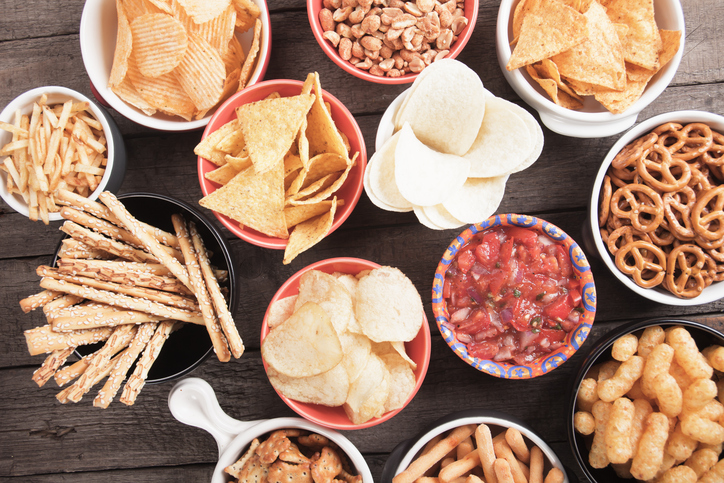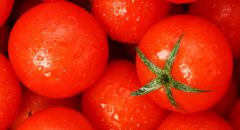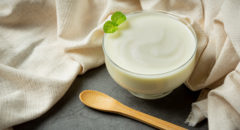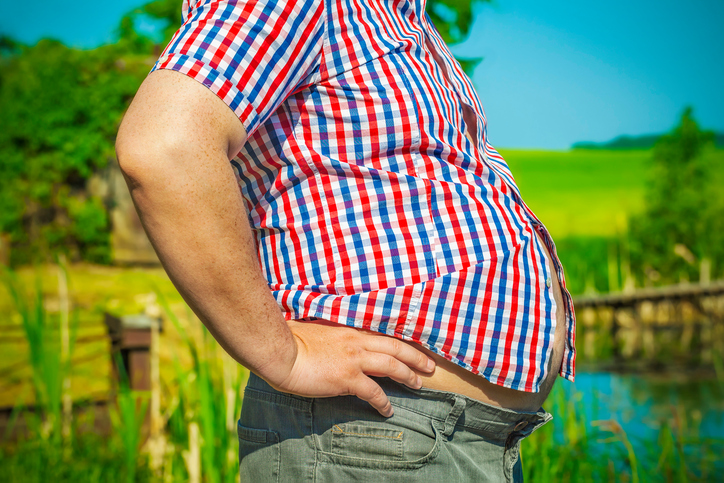Salty foods like many processed foods have always been on the black list of foods and for good reason. When you eat salty food, you get thirsty and drink water. Right? Maybe in the short-term — but within 24 hours, you actually get less thirsty because your body starts to conserve and produce more water.
This counterintuitive discovery by scientists at Vanderbilt University and in Germany has upended more than 100 years of conventional scientific wisdom and may provide new insights into the Western epidemics of obesity, diabetes and heart disease.
Their findings, published as a set of two papers in this week’s Journal of Clinical Investigation, shed new light on the body’s response to high salt intake and could provide an entirely new approach to these three major killer diseases.
According to the textbooks, the excretion of dietary salt will inevitably lead to water loss into the urine and thereby reduce body water content. That’s not what the researchers found. On the contrary, they showed that the biological principle of salt excretion is actually water conservation and water production.
It takes a lot of energy to conserve water in the face of salt excretion. To do it, the body either must take in more fuel or break down muscle mass. “This predisposes to overeating,” said the reports’ senior author, Jens Titze, M.D., associate professor of Medicine and of Molecular Physiology and Biophysics.






